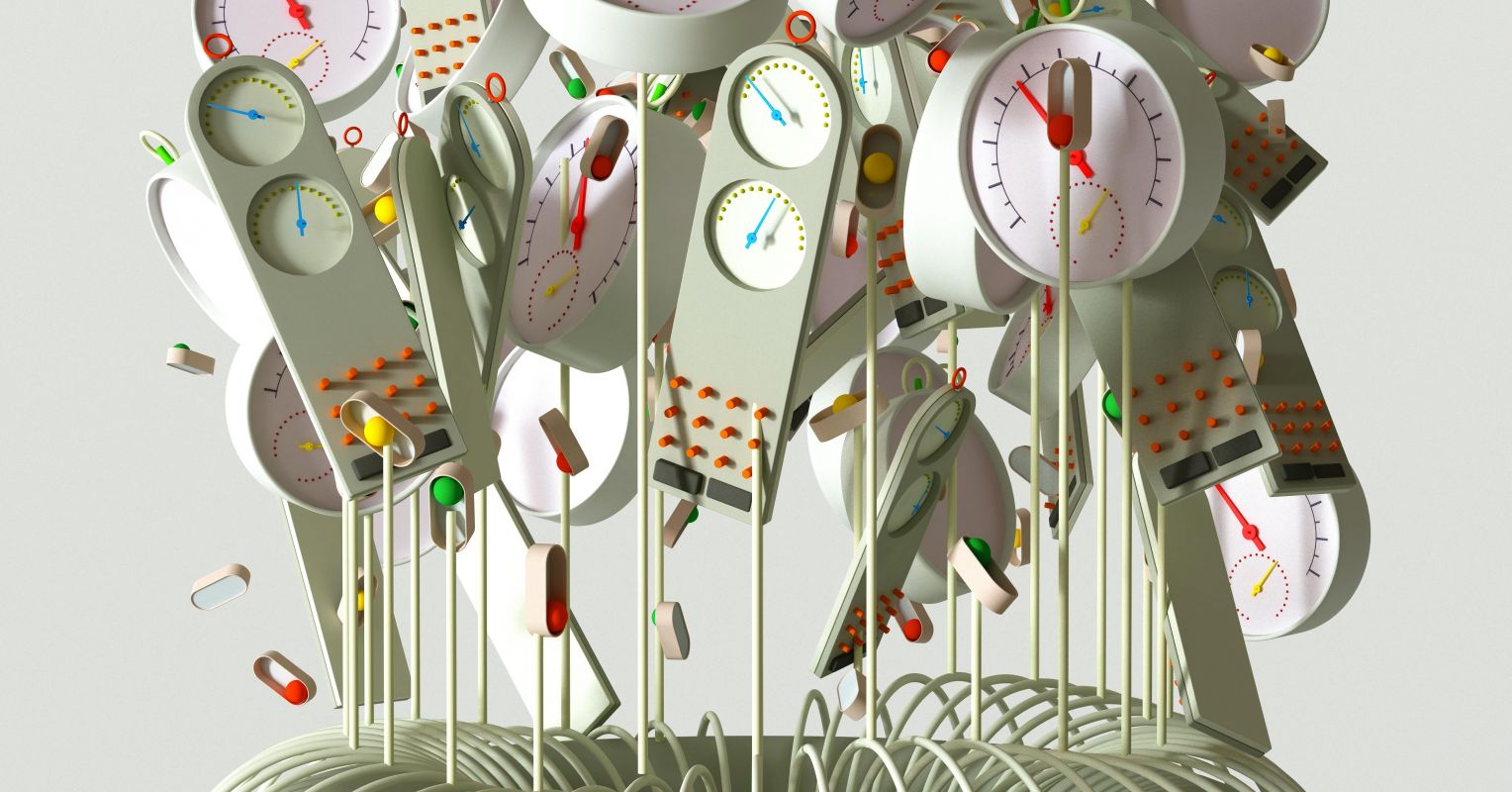
"Two Ways of Living Through Time Clock timers live by external time. They wake up to an alarm, eat breakfast at a designated hour, and arrive at work precisely when the clock dictates. Their day unfolds in neat, measurable units, each activity clearly marked by a start and an end. A clock timer's sense of order comes from synchronizing with the external rhythms of time."
"On the other side of the spectrum are event timers, who follow their internal sense of flow. They wake up naturally-some days earlier, some days later. They eat when they feel hungry, not when the clock says it's lunchtime. They begin their work when they feel ready and transition between tasks based on an inner feeling of completion rather than a scheduled block on a calendar."
Most people fall into two time orientation categories: clock timers and event timers. Clock timers structure their lives around external time, using alarms and schedules to segment activities into measurable units. Event timers follow internal rhythms, waking naturally, eating when hungry, and transitioning between tasks based on a sense of completion. Neither orientation is inherently superior; clock timers are often efficient, punctual, and reliable, while event timers tend to be flexible, creative, and attuned to natural rhythms. These orientations influence emotions, cognition, consumer behavior, and the experience of nostalgia. They also shape daily routines, interpersonal interactions, and purchasing choices.
Read at Psychology Today
Unable to calculate read time
Collection
[
|
...
]